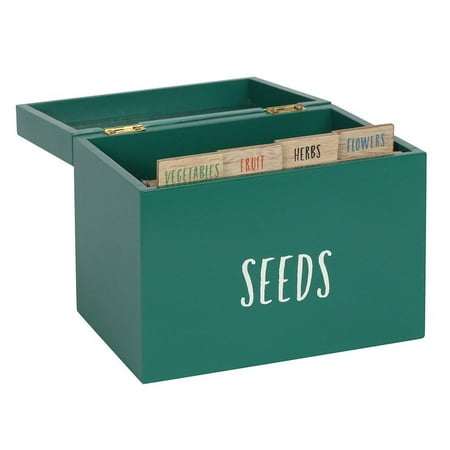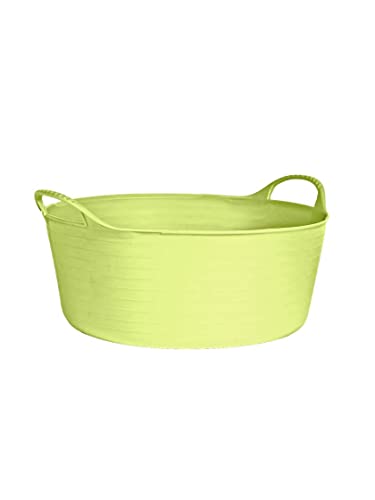How to harvest nasturtium seeds – expert tips to save and store seeds to grow more of these vining plants next year
Learn how to harvest nasturtium seeds with our comprehensive guide

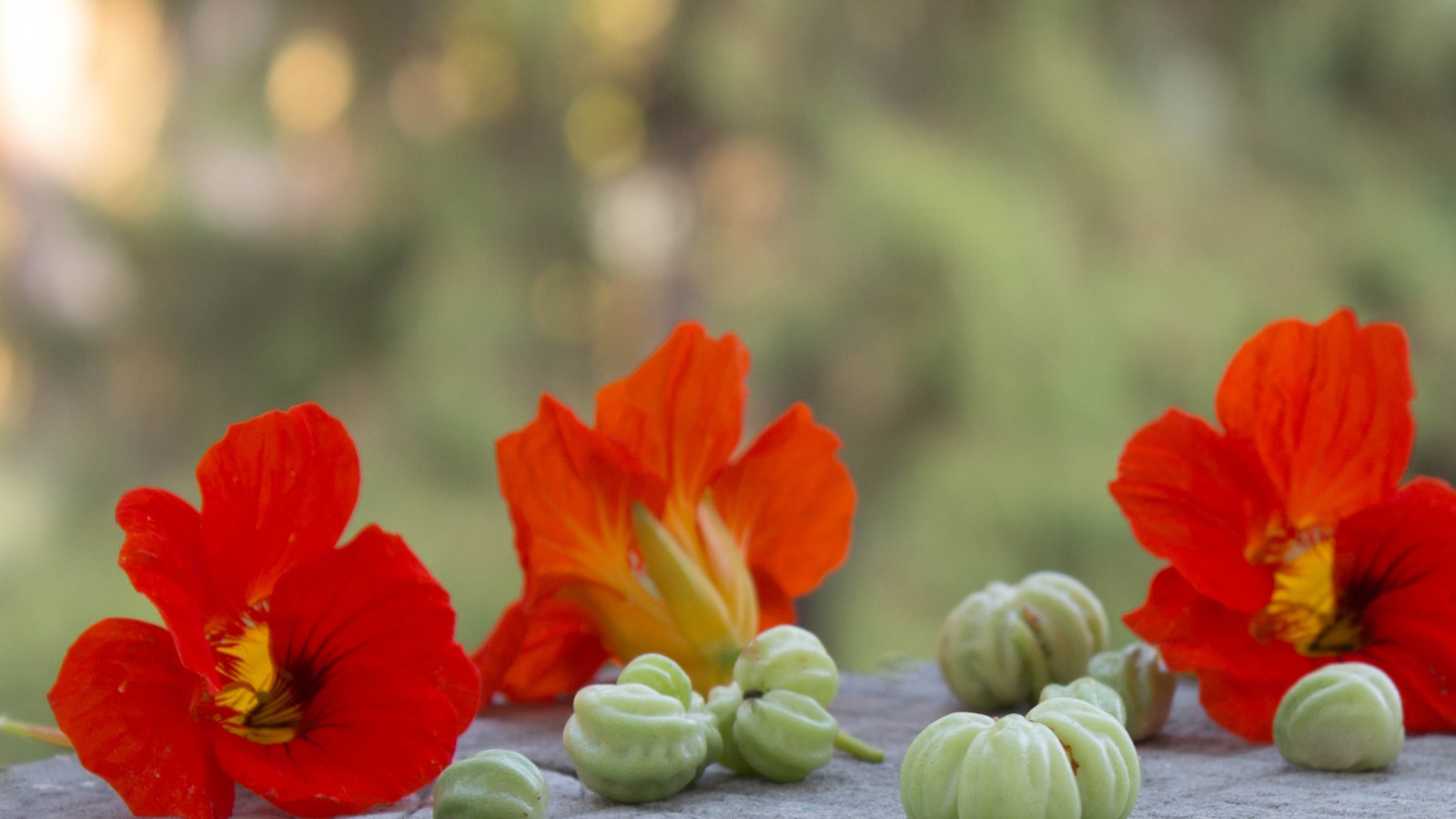
I have been a fan of nasturtiums for a long time. When working as a professional gardener in the UK, these easy-to-grow and low-maintenance plants proved themselves to be extraordinary performers, often flowering from early spring through until the first frost. With vining stems that have an unusual but attractive rounded leaf, as well as orange, pink, red or yellow blooms, who wouldn't enjoy the sight of a nasturtium plant cascading over the edge of a pot?
Towards the end of summer, as temperatures peak and the days get shorter, it is time to harvest flower seeds. Fortunately for us, nasturtium seeds are some of the easiest and most reliable to collect and save, meaning that next year, you can grow more of the plants you love.
Collecting seeds is a free and fun way to grow more plants, but the trick is knowing the right time to harvest. Here, I share everything I know about this rewarding garden task, with tips to ensure that your seed-saving activities are successful.
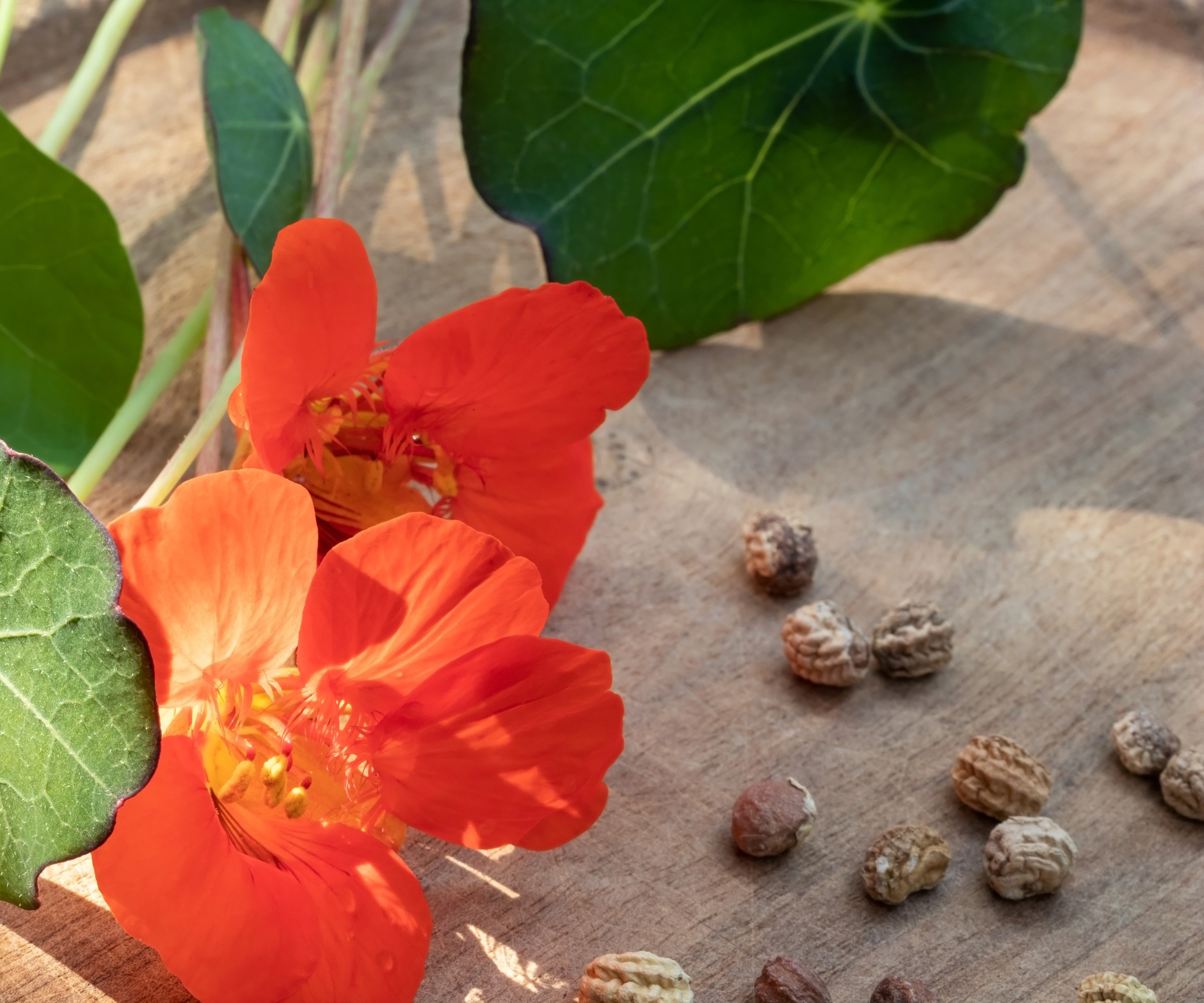
How to harvest nasturtium seeds
Often considered some of the best fast-growing flowers to grow from seed, nasturtiums are summer stars in any yard. Learning how to grow nasturtiums is relatively simple, and regardless of your US hardiness zone, all they require is a little sunshine and they will thrive. In my experience, nasturtium plants will produce plenty of seeds that can be collected towards the end of summer, there are just a few simple rules to follow.
When to harvest nasturtium seeds
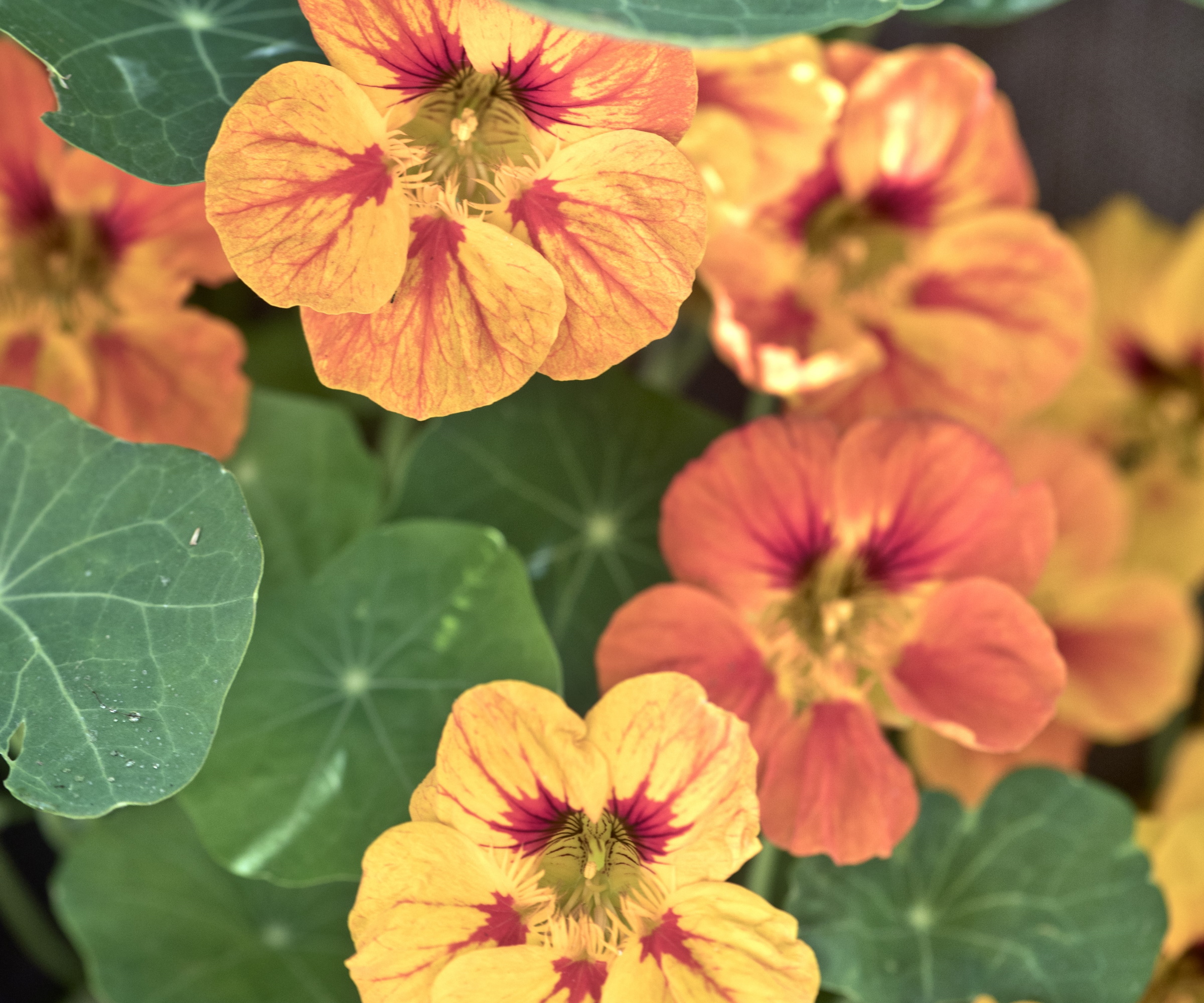
While nasturtium seeds can ripen throughout the year, I would suggest harvesting towards the end of summer, usually around August. In the weeks leading up to this, it is important to stop deadheading or picking nasturtium flowers. While they are tasty edible flowers, it is crucial to leave old flowers on your plant, otherwise you will prevent seeds from developing.
There is no precise time to harvest seeds, so the trick is to regularly monitor your plant. From sight, you can tell when the seeds are ready. In short, once the petals drop, small pods will develop, as seen in the images above.
As soon as these pods begin to turn brown and appear slightly dry, your seeds are ready. You just need to catch the right moment and not let them scatter.
Design expertise in your inbox – from inspiring decorating ideas and beautiful celebrity homes to practical gardening advice and shopping round-ups.
How to harvest and store nasturtium seeds
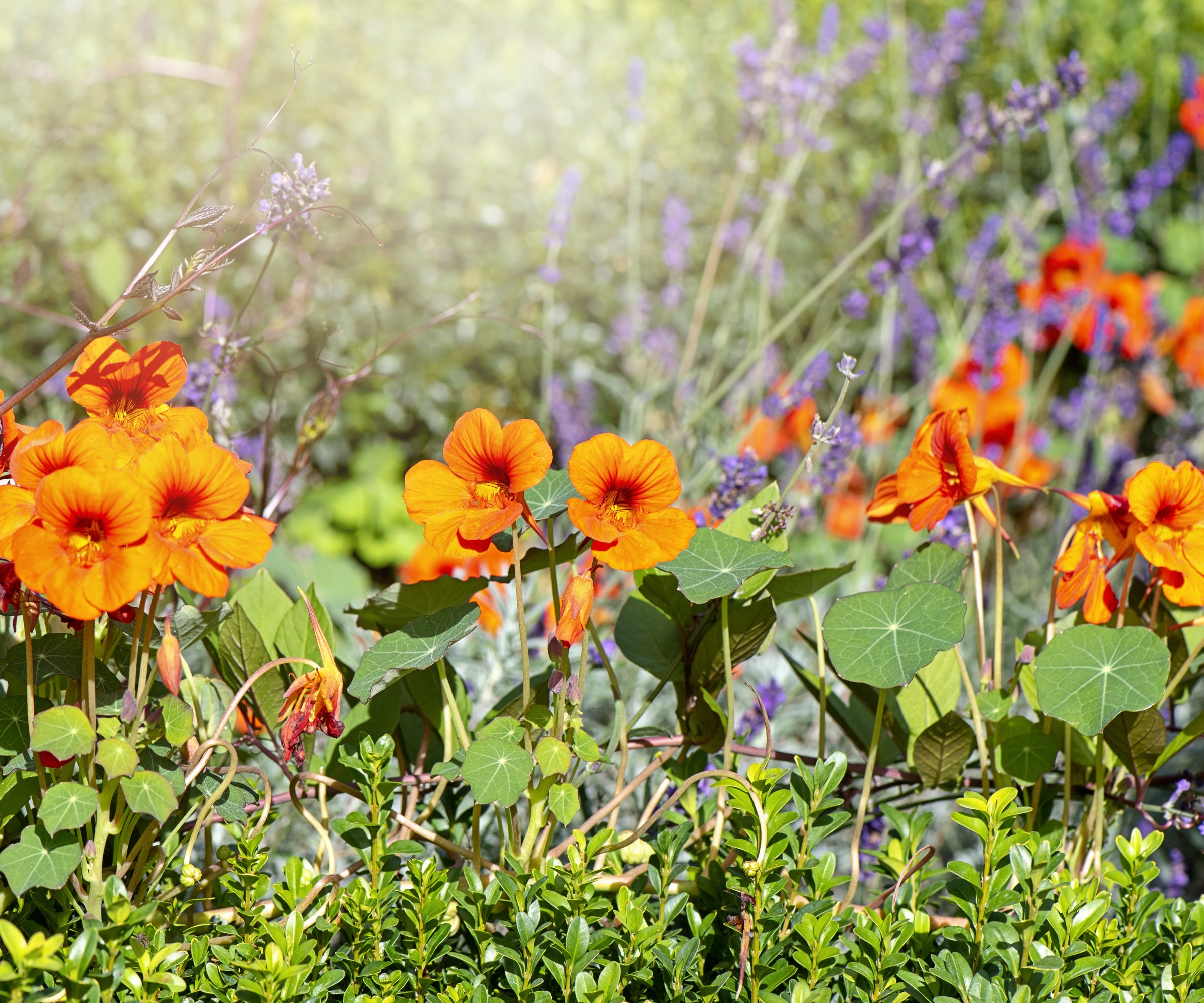
Before you begin, you will need to have a garden tubtrug, available from Amazon, and some clean, sharp tools, such as these Felco snips from Walmart to hand.
To begin, identify several pods that are ready for harvesting. Then, carefully remove the brown, dry pods from the plant, either snipping the stems or using your fingers to pinch away the pods. I find it is best to do this over a container, in case seeds scatter or fall from the plant.
While you can pick off plump, green pods, it is best to give these a little more time to ripen for the best chance of success. I find that harvesting brown/tan seeds will result in better germination rates.
Once you have collected the nasturtium seed pods in your container, have a look at the soil underneath and surrounding your plant. If you are short of seeds, you may find that some have dropped. They should be easy to spot, and nasturtium seeds are relatively large when compared to other annuals. If you find any seeds that are dry and in good shape, with no damage or discoloration, pop these into your container.
Inside, spread your nasturtium seeds thinly over a paper towel on a flat surface. Leave them to dry for 2 days, before collecting them in paper seed envelopes, available from Amazon. Be sure to label and date them, so you remember what you have harvested and when.
Store your seed packages in a cool, dry place, such as in this seed container, available from Walmart, on a shelf under the stairs. One common seed storage mistake to avoid is placing your seeds in a damp or warm environment. To ensure your seeds remain viable for as long as possible, opt for a cool and dry storage area.
FAQs
How long will nasturtium seeds keep?
Many gardeners ask how long can you store seeds for, but sadly there is no simple answer. Generally, however, if you have correctly harvested, dried, and stored your nasturtium seeds, they can remain viable for up to 3 years, but I would recommend using the following year for the best results.
If you are looking for other seeds to harvest and store this year, why not consider tropical hibiscus shrubs? Learning how to harvest hibiscus seeds is a great way to grow more tropical-looking flowering shrubs, and our guide has all the information you need.

Thomas is a Content Editor within the Gardens Team at Homes and Gardens. He has worked as a professional gardener for both public spaces and private estates, specializing in productive gardening, growing food and flowers. Trained in Horticulture at the Garden Museum, he has written on gardening and garden history for various publications, including The English Garden, Gardens Illustrated, Hortus, The London Gardener and Bloom. He has co-authored a Lonely Planet travel book, The Tree Atlas, due out in 2024.
